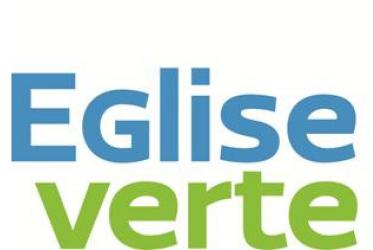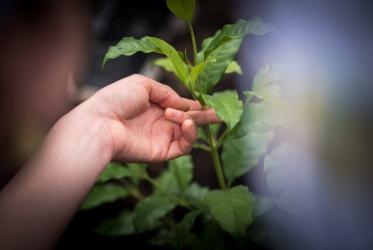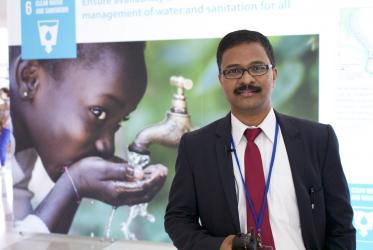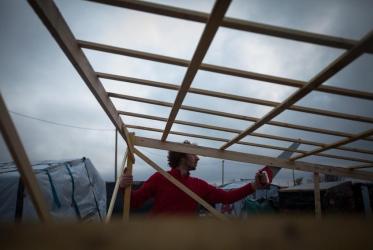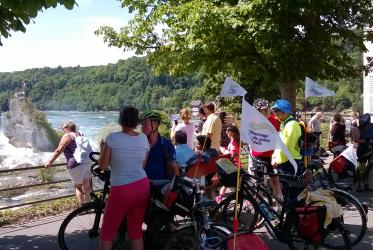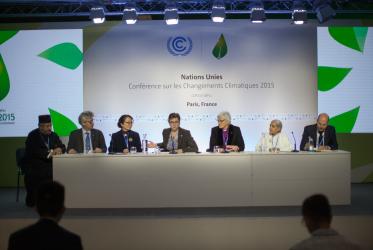Displaying 1 - 20 of 47
Ecumenical conference features theological reflections on ecology
16 February 2021
Rethinking Ecological Relationships in the Anthropocene era
11 - 13 February 2021
Churches should use their voice on climate change
26 February 2020
WCC expresses sadness, solidarity after Notre Dame fire
16 April 2019
Churches in France encourage ecological conversion
24 January 2018
A cycling pilgrimage of justice and peace
07 August 2017
G7 must address famine
22 May 2017
"I hit the ground running": Katalina Tahaafe-Williams
16 February 2016
WCC/UN conference calls for coordinated action on refugee crisis
20 January 2016
One refugee’s story: from Syria to France
07 January 2016
Tveit: Time to follow up on COP21 and to prepare for Davos
17 December 2015
Paris climate agreement hailed by ecumenical leaders
14 December 2015
COP21: how climate change affects access to our daily bread
09 December 2015
